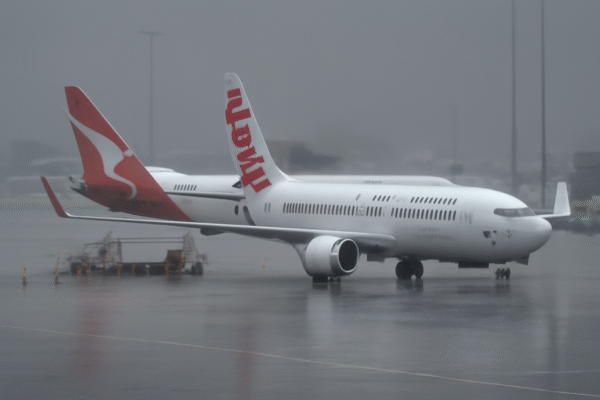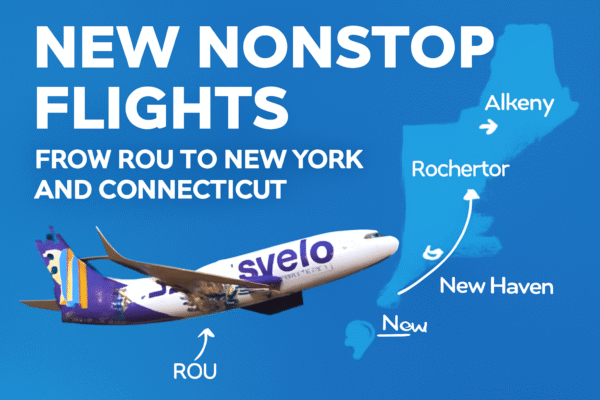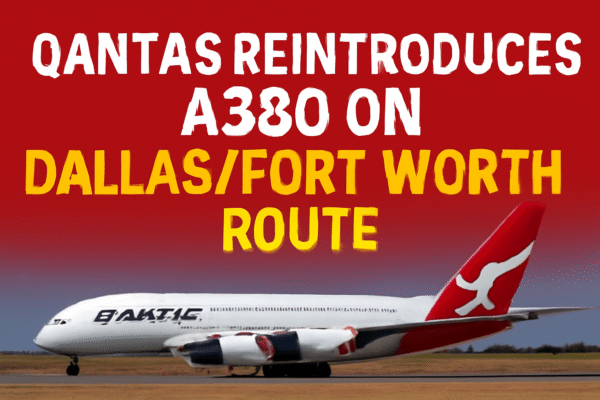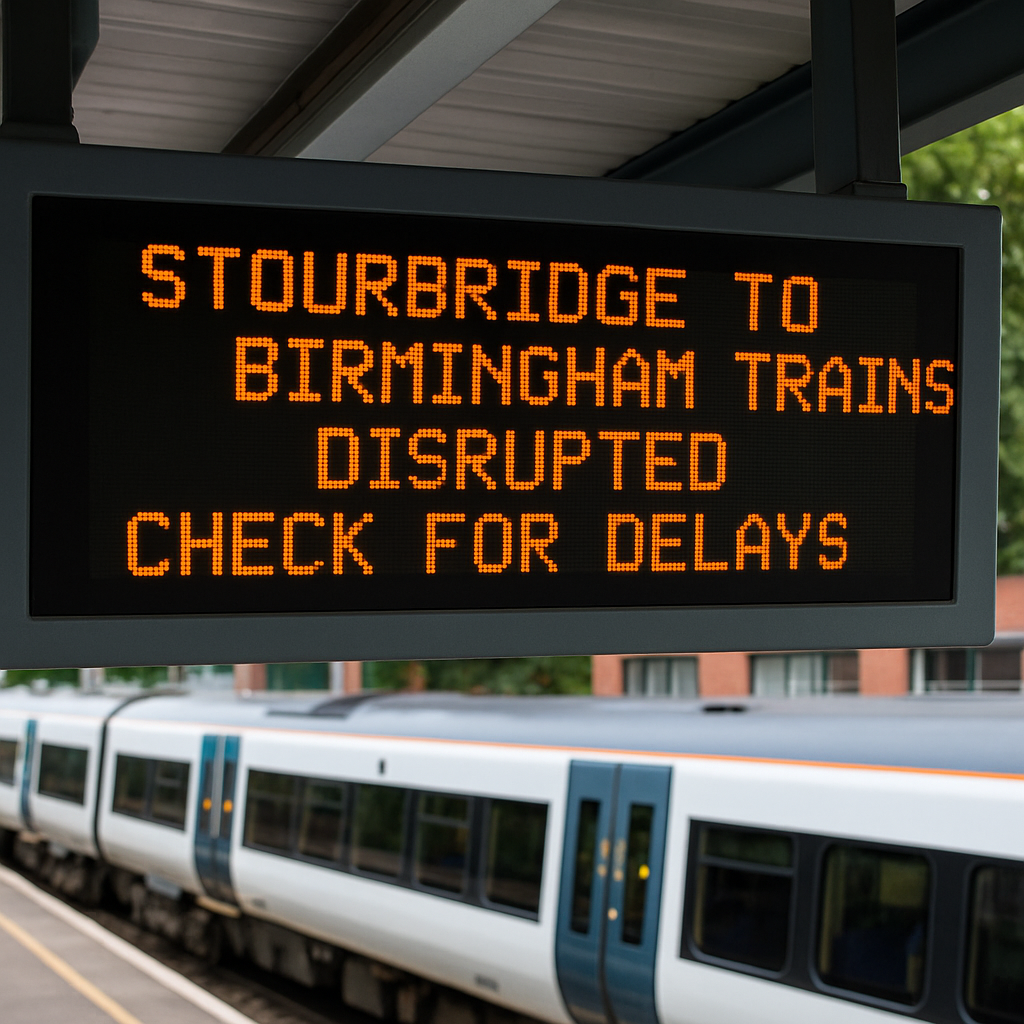Commuters traveling between Stourbridge and Birmingham faced hours of rail disruption on June 23 after a train broke down near Stourbridge Junction, blocking one of the busiest routes on the West Midlands Snow Hill Line. The incident, which occurred around 2:30 PM, resulted in a temporary suspension of services between Stourbridge Junction and Birmingham Snow Hill, triggering delays, cancellations, and rerouted services for thousands of travelers.
The disruption, caused by an unspecified mechanical failure, left services either suspended or delayed by up to 50 minutes. The affected route, a core artery connecting Birmingham’s central business district with surrounding towns such as Stourbridge, Droitwich Spa, and Worcester, is vital for both daily commuters and intercity travelers.
Root Cause: Train Breakdown Near Stourbridge Junction
According to National Rail, the service failure was the result of a broken-down train situated between Stourbridge Junction and Birmingham Snow Hill. While no detailed mechanical cause was released, typical rail breakdowns can be attributed to engine faults, track obstruction, or signaling issues. Regardless of the specifics, the line had to be entirely blocked for safety, preventing any movement until the problem was cleared.
Trains traveling in both directions were suspended, prompting a domino effect across the regional network. Engineers from West Midlands Railway were quickly dispatched to the scene, working for over two hours to restore the line. However, even after clearance at 4:39 PM, service normalization took additional time due to backlog and rescheduling.
Impact on Commuters and Local Rail Network
Passengers across the region experienced cascading delays. Several peak-time services were either canceled or delayed up to 50 minutes, while others were rerouted or forced to make additional stops to accommodate stranded travelers.
Services between Birmingham Snow Hill and Stourbridge Town, Kidderminster, and Worcester were especially impacted, with many commuters facing long waits at platforms or having to disembark and seek alternative transport.
West Midlands Railway issued a formal statement advising passengers to verify travel plans and avoid unnecessary trips during the disruption window. The company also noted that residual delays could persist into the evening as services returned to schedule.
Emergency Alternative Transport Options Provided
In response to the service breakdown, National Rail activated a contingency travel plan to support stranded commuters. Tickets were accepted on multiple alternative routes and transit systems:
- National Express West Midlands Buses: Passengers could use their train tickets across a number of regional routes, including services 4, 4H, 4M, 8A, 8C, 9, 12, 12A, 13, 16, 80, 87, X7, X8, and X10.
- Alternate West Midlands Railway Routes: Travelers were redirected to trains operating between Great Malvern, Worcester, Droitwich Spa, Birmingham New Street, and Smethwick Galton Bridge.
- Stourbridge Town Shuttle and Trams: Special permissions were granted for shuttle connections between Stourbridge Town and Stourbridge Junction.
These rapid alternatives were crucial in minimizing the chaos and allowing many to complete their journeys—though with significant delay.
Real-Time Updates and Passenger Communications
Throughout the disruption, both West Midlands Railway and National Rail provided live updates via their respective websites and social media channels. This real-time communication was instrumental in helping passengers adapt to the evolving situation.
A spokesperson from National Rail stated:
“A broken-down train between Stourbridge Junction and Birmingham Snow Hill means that the line is blocked. Trains running between these stations may be cancelled, delayed by up to 50 minutes, or revised. Disruption is expected until 4:30 PM.”
West Midlands Railway also deployed additional station staff to assist travelers in navigating alternative routes and understanding refund procedures for severely impacted journeys.
Resolution and Refund Measures
By 4:39 PM, West Midlands Railway confirmed that the disruption had been resolved. Services on the Snow Hill line gradually returned to normal, although some minor delays persisted through the evening peak period as trains were rescheduled.
Affected passengers became eligible for compensation through the railway’s Delay Repay scheme, offering partial refunds based on the length of delay. In some cases, full refunds were issued for canceled journeys, and ticket flexibility was provided for use on future dates.
Broader Implications for Regional Travel
The June 23 incident underscores the fragility of the UK’s rail infrastructure, particularly on busy commuter corridors like the Snow Hill line. While mechanical issues are occasionally inevitable, their cascading impact on thousands of passengers calls for greater investment in predictive maintenance, rapid response units, and improved communication systems.
The incident also highlights the importance of integrated transport systems like West Midlands’ multimodal response—buses, trains, and trams—to ensure commuter continuity during service interruptions.
Conclusion
The train breakdown between Stourbridge Junction and Birmingham Snow Hill temporarily paralyzed the Snow Hill line on June 23, 2025, causing major disruption across the West Midlands rail network. Though the issue was resolved within two hours, the ripple effects on regional transport and commuter plans were significant.
Swift intervention by railway engineers, real-time communication, and well-coordinated alternative travel arrangements played a vital role in mitigating the disruption. As travel demand continues to rise across the UK, incidents like this reinforce the urgency of infrastructure resilience and reliable service continuity for one of the nation’s most relied-upon rail corridors.
For more travel news like this, keep reading Global Travel Wire















